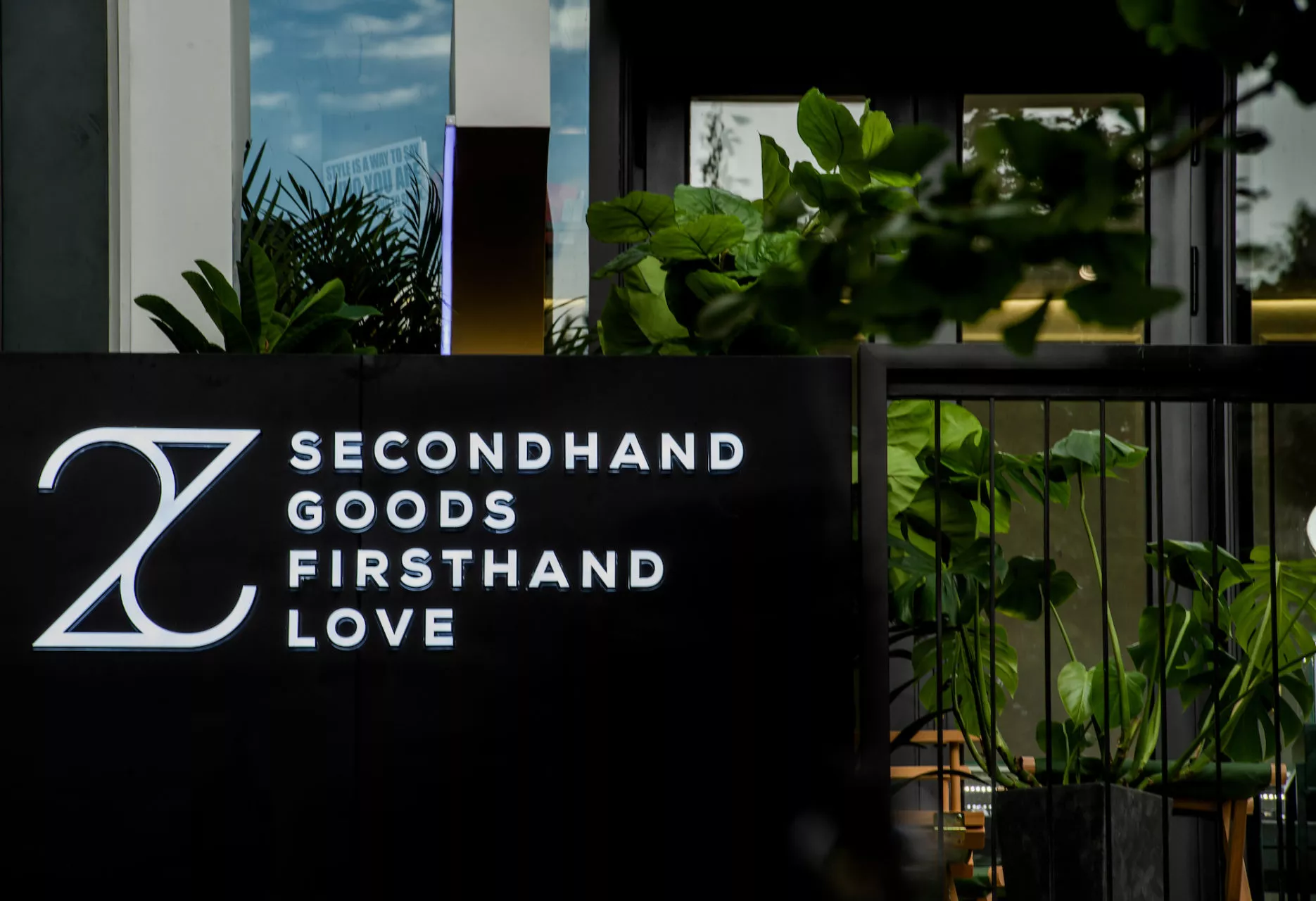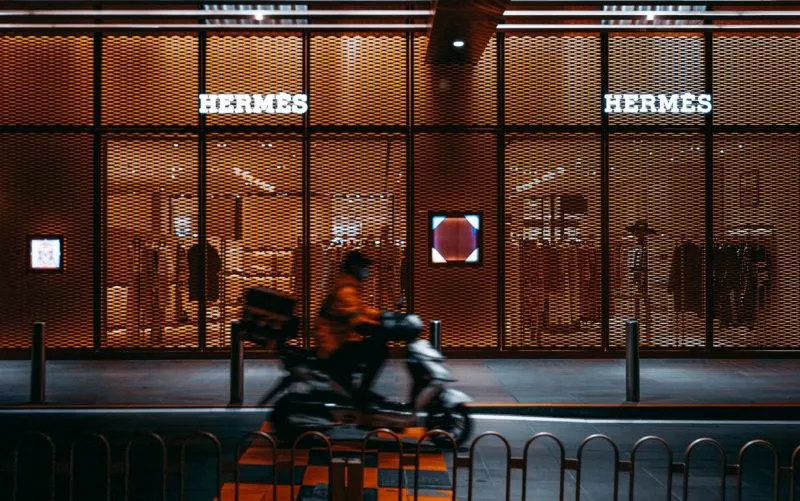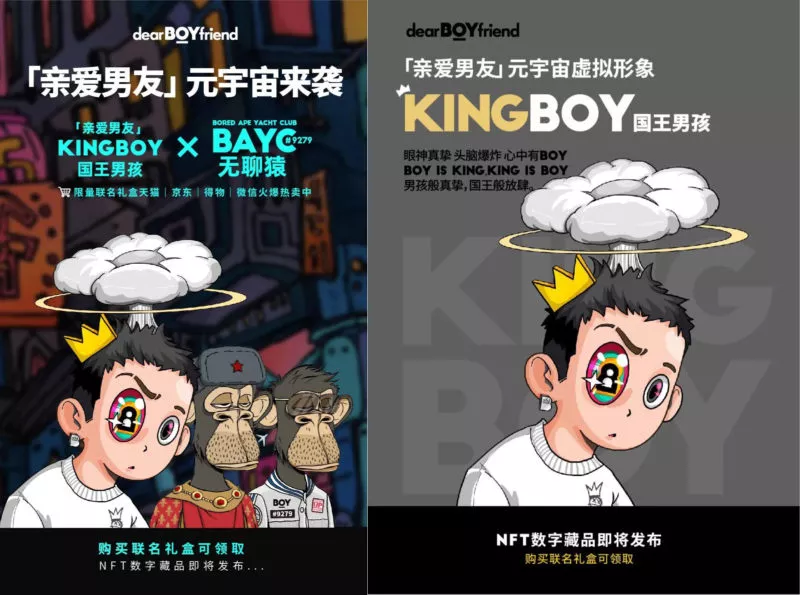ZZER, a Chinese second-hand luxury e-commerce platform is picking up steam and fast. Just this past May, they opened their new flagship store in the new first-tier city of Chengdu. This is their first store in Southwest China and their second one in the nation after the one in Shanghai.
Passing by ZZER, you will catch a glimpse at handbags, shoes, and accessories galore in the window display. The purpose of this offline store is not only to provide more professional services to its clients but also to gain consumer trust.
By having a physical location set up, the platform can bridge the gap between buyers and sellers, and the overall image of the store gives consumers a direct association with the store. In addition to this, the store also acts as a commodity processing center. Having a location like this is especially useful in times of the pandemic, where lockdowns put a strain on both warehouses and logistics.
Chengdu is not one of the richest or most populous cities in China, yet it is the third biggest luxury market in the nation after Shanghai and Beijing. The local bling culture contributes greatly to their reception of luxury goods and high-end malls, which is in part a byproduct of Chengdu’s history and geography. In fact, Sichuan province has been known as the land of abundance (天府之国) since ancient times. That, coupled with frequent earthquakes, has fostered a “live in the moment” approach to life.
With thousands of tourists and affluent people from all over China flocking to Chengdu each year, the city offers a level of luxury shopping unparalleled in its region. It also serves as the ideal testing ground for brands to test new products and marketing strategies, as it is composed of local consumers and lower-tier city tourists. From this perspective, it is clear why ZZER decided to set up a shop in China’s third fashion city as soon as they could.
According to a joint report by China’s University of International Business and Economics and Isheyipai, about 52% of the second-hand luxury goods consumers in China are under 30 years old. While this demographic of millennials is pretty constant, ZZER noticed that its consumers in Shanghai differed greatly from their Chengdu counterparts as to what they looked to purchase.
While Shanghai residents reached for luxury Chanel and Hermes bags, Chengdu residents were on the lookout for dainty earrings and necklaces. ZZER realises that understanding these differences is a matter of trial and error and only time will bring about more knowledge.
With the second-hand luxury goods market valued at over 51 billion RMB ($8 billion USD), setting up a shop in a physical store is a good step to increase brand image and credibility long-term. The opening of the flagship store in Chengdu is sure to bolster both their online and offline channels.









